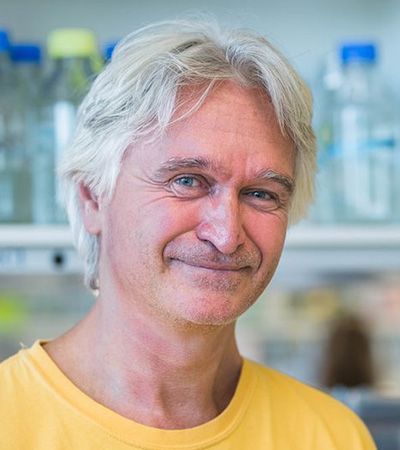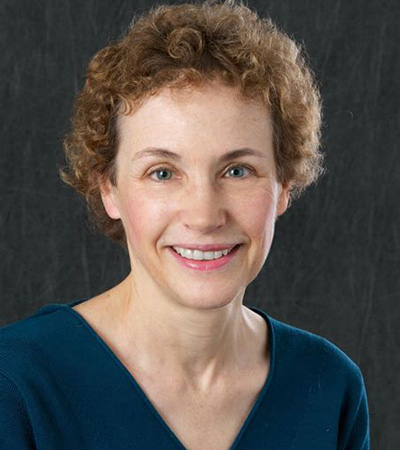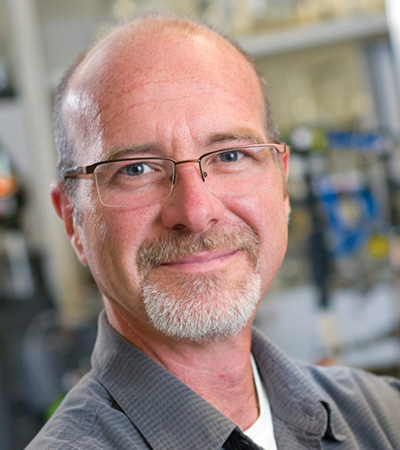Lukeš is EMBO member; Bishop named EIC; Peters shares prize
Lukeš named to EMBO

Julius Lukeš, of the Czech Republic, is among 60 new members of the European Molecular Biology Organization. EMBO, which promotes excellence in the life science in Europe and beyond, also named nine associate members.
Since 2006, Lukeš has been a professor on the science faculty at the University of South Bohemia in České Budějovice. He served as chair of the molecular biology department from 2003 to 2012. Since 2012, he has directed the Institute of Parasitology at the Biology Centre of the Czech Academy of Sciences.
At the heart of Lukeš’ research are the cellular and molecular features of protists, especially the supergroup Discoba. He also investigates the evolution and diversity of parasitic and free-living protists, notably trypanosomes and diplonemids. He has co-authored about 400 scientific studies.
Lukeš’ prior honors include the 2020 Prize of the President of the Czech Academy of Sciences for research excellence and the 2010 Prize of the Minister of Education for Excellence in Research.
Bishop appointed editor-in-chief

The American Association of Immunologists Council has selected Gail Bishop as the next editor-in-chief of the Journal of Immunology, also known as the JI, the association’s flagship publication. She will serve a five-year term beginning Jan. 1, 2024.
Bishop is a professor of microbiology and immunology at the University of Iowa Carver College of Medicine and serves as director of the Center for Immunology and Immune-Based Diseases. Her research focuses on the molecular mechanisms of lymphocyte activation and tolerance. She is particularly interested in signaling interactions between innate and adaptive immune receptors.
Bishop has served as both an associate editor and section editor of the JI. In 2003, she received the UI Graduate Mentoring Award, and in 2009, she was awarded the Iowa Technology Association’s “Woman of Innovation” award for academic research innovation and leadership. In 2015, she received both the Bonazinga Award for Excellence in Leukocyte Biology Research from the Society for Leukocyte Biology and State of Iowa Regents Award for Faculty Excellence. Bishop was named a distinguished fellow of the AAI in 2019 and a fellow of the American Association for the Advancement of Science in 2020.
“The challenges facing nonprofit scientific society journals today are considerable,” Bishop said in an AAI press release. “However, The JI and I, as incoming editor-in-chief, are fortunate to have an exceptionally strong team to face these challenges.”
Peters shares Faraday Horizon Prize

John W. Peters, who chairs the chemistry and biochemistry department at Oklahoma University, is a member of the team researching electron bifurcation that has won the Faraday Horizon Prize from the Royal Society of Chemistry.
The team draws researchers from Duke University, the University of Georgia, the University of Kentucky, Montana State University, Arizona State University, Washington State University and the National Renewable Energy Laboratory. The Royal Society cited these scientists for discovering the rules behind the division of electrons into high- and low-energy pools.
Electron bifurcation plays a key role in the metabolic pathways of plants and animals that produce energy within their cells. Horizon Prizes celebrate discoveries and innovations that push the boundaries of science, and the Royal Society noted electron bifurcation’s potential for biological sources of renewable energy.
Peters joined the Oklahoma faculty in 2022 after serving as director and principal investigator of the Biological Electron Transfer and Catalysis Energy Frontiers Research Center at Washington State University and Montana State University, where he led much of the research. The U.S. Department of Energy supported this work.
Peters earned his Ph.D. in biochemistry from Virginia Tech and was a postdoctoral fellow with the National Institutes of Health at the California Institute of Technology. In 2020, he was a member of the team that won the Cozzarelli Prize from the National Academy of Sciences.
Enjoy reading ASBMB Today?
Become a member to receive the print edition four times a year and the digital edition monthly.
Learn moreGet the latest from ASBMB Today
Enter your email address, and we’ll send you a weekly email with recent articles, interviews and more.
Latest in People
People highlights or most popular articles

From humble beginnings to unlocking lysosomal secrets
Monther Abu–Remaileh will receive the ASBMB’s 2026 Walter A. Shaw Young Investigator Award in Lipid Research at the ASBMB Annual Meeting, March 7-10 in Washington, D.C.

Chemistry meets biology to thwart parasites
Margaret Phillips will receive the Alice and C. C. Wang Award in Molecular Parasitology at the ASBMB Annual Meeting, March 7-10 in Washington, D.C.

ASBMB announces 2026 JBC/Tabor awardees
The seven awardees are first authors of outstanding papers published in 2025 in the Journal of Biological Chemistry.

Decoding how bacteria flip host’s molecular switches
Kim Orth will receive the Earl and Thressa Stadtman Distinguished Scientists Award at the ASBMB Annual Meeting, March 7–10, just outside of Washington, D.C.

Thiam elected to EMBO
He was recognized during the EMBO Members’ Meeting in Heidelberg, Germany, in October.

The timekeepers of proteostasis
Learn about the cover of the winter 2026 ASBMB Today issue, illustrated by ASBMB member Megan Mitchem.
